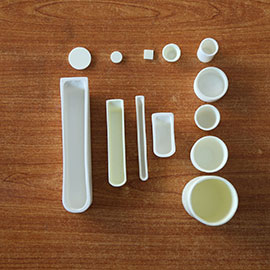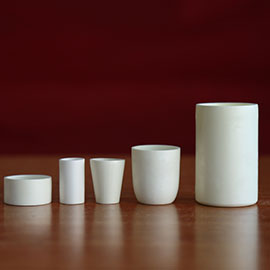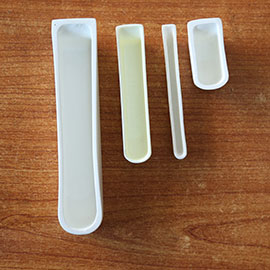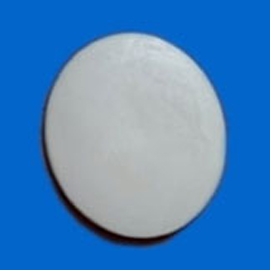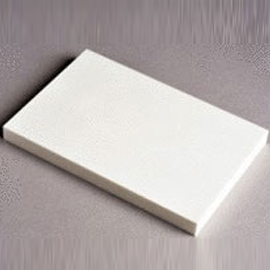Zirconia Wares
A ceramic material is an inorganic, non-metallic, often crystalline oxide, nitride or carbide material. Some elements, such as carbon or silicon, may be considered ceramics. Ceramic materials are brittle, hard, strong in compression, weak in shearing and tension. They withstand chemical erosion that occurs in other materials subjected to acidic or caustic environments. Ceramics generally can withstand very high temperatures, such as temperatures that range from 1,000 °C to 1,600 °C (1,800 °F to 3,000 °F).
| Bulk Density | 6gm / cc |
| Working Temperature | up to 2000 deg C |
| Stabilization | 8 mol % Yttria |
| Tolerance | +/-2% |
Other Information about Zirconia
- Do not load too many materials in zirconia crucibles, which can increase the possibility of uneven heating.
- Slow ramp rate and cooling rate are highly recommended to minimize the thermal shock on crucibles. When increasing the temperature, special attention should be paid on two sensitive temperature periods: not exceeding 3oC/MIN during 100oC ~300oC and 1050oC ~ 1200oC. The rate can be faster in other temperature ranges, but it is recommended to be less than 5oC /MIN.
- To take the crucible directly out of furnace at high temperature may cause crack. If possible, take it out when the temperature is under 100oC.
- Zirconia crucibles should not be heated by torch or furnaces that cannot control temperature change rate. The uneven heating can cause crack.


















